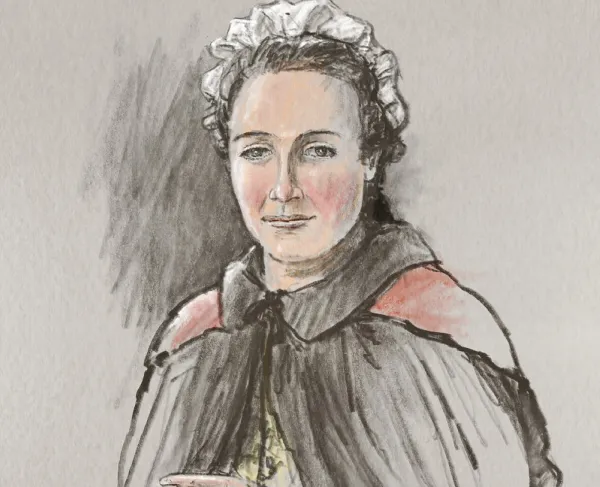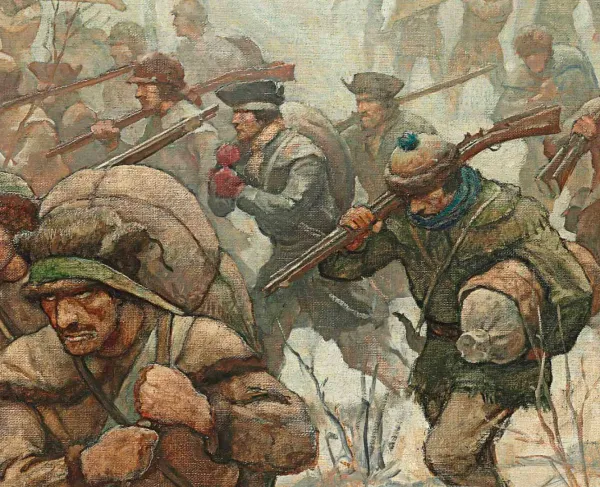The Election of 1868

The Election of 1868 was the first Presidential Election to take place after the American Civil War and was held on November 3, 1868. The Election of 1868 was a landmark in African American history, as it was the first presidential election in which the newly freed slaves could vote. The Election of 1868 saw the rise of Presidential nominee Ulysses S. Grant, the former General of the United States Army, claim victory over the Democratic nominee former Governor of New York Horatio Seymour—while marking the continued dominance of the Republican Party in presidential elections. This dominance would continue unbroken until the election of President Grover Cleveland. The Election of 1868 is the only election in which some states were not allowed to vote due to their unreconstructed status within the United States. Overall, the Election of 1868 was the proving grounds for America to determine if the country would remain a nation divided or if it would reunify and move forward from their Civil War that ended just merely three years ago.

Ulysses S. Grant’s claim to fame was through his leadership in the Civil War. He had been the General-in-Chief of the Union army. He was the general who finally brought an end to the devastating conflict that had fragmented the nation. Grant’s successes had earned him fame throughout the nation. To some, Grant was akin to George Washington—the savior of the nation, which boosted his reputation in the North and parts of the South. This celebrity and reputation was not afforded to Horatio Seymour, who was almost wholly unknown outside of the Empire State. Seymour was New York’s 21st Governor and firmly opposed President Abraham Lincoln’s policies throughout the war.
Following the Civil War, the political atmosphere was tense. Reconstruction and the emancipation of former slaves was one of the most debated policy issues on Capitol Hill. Grant’s decision to run for the presidency was sparked with arguments between President Andrew Johnson and Grant. Grant often disagreed with Johnson’s decisions, as did many in the Republican Party, the general began to realize that he needed to act on his own accord in order to complete the reconstruction of the South and defend the civil rights of former slaves. Grant allied himself with radical Republicans in Congress to boost his popularity within the faction of the Republican Party. Horatio Seymour’s run for presidency began with maintaining the status quo of the Democratic party to its antebellum state. Seymour opposed President Abraham Lincoln’s Civil War-era policies of emancipation and the use of a military draft. The two were polarizing figures to each party at a time when the nation needed unification and strong leadership above all. Grant’s final words to his acceptance of the Republican nomination were, “Let us have peace.” These words were used as Grant’s campaign slogan and gave Grant an impactful perception of how he intended to run the country.

Each of the nominee’s platforms were vastly different. Grant’s platform was primarily to perpetuate Reconstruction in the South, give equal suffrage to all men in all states, reduce taxes, to shrink and eventually eliminate the national debt, and promote immigration. Seymour’s platform was primarily based upon the ideas of halting reconstruction, allowing white southerners to reorganize their former governments from the pre-war period, the creation of one uniform currency, equal taxation of all Americans, the elimination of what Democrats considered “useless” agencies such as the Freedman’s Bureau, and to give the states the right to determine voting rights of their citizens.
On November 3, 1868, Ulysses S. Grant was elected President in a landslide victory. Grant won 214 electoral votes while Seymour earned 80 electoral votes. While Grant won in a landslide in the Electoral College, the popular vote was much closer. Grant has earned 3,013,421 votes while Seymour won 2,706,829 votes. When first entering office, Grant did not play the political game. He did not appoint people entirely within the Republican party. Rather, Grant chose people to serve in his cabinet that he trusted regardless of party affiliation. Many within his cabinet and in his staff were part of his Army staff. Grant’s loyalties also breached party lines, trusting those that served with him during the war. In Grant’s inaugural address, Grant spoke of unity between the north and south, “The country having just emerged from a great rebellion, many questions will come...it is desirable that they should be approached calmly, without prejudice, hate, or sectional pride, remembering that the greatest good to the greatest number is the object to be attained.” Under Grant’s administration, Reconstruction was given the chance to continue.

During his first term as President, Grant relentlessly pushed for the ratification of the 15th Amendment to the Constitution. After continuous lobbying efforts, the amendment passed with a vote of 33-9 in favor of the 15th Amendment. Grant actively watched over the reconstruction efforts in the south. The President actively sent federal troops to protect African Americans against the extremist reactionary group of the newly formed Ku Klux Klan. He signed an executive order to help eliminate the Klan by the end of Grant’s first term. The nation suffered an economic downturn during his Presidency due to the occupation of the South and ongoing reconstruction which negatively impacted his popularity. Grant also oversaw the construction of the Transcontinental Railroad; and was also credited with improving relations with Great Britain.
The Election of 1868 helped in preserving the Union and preventing a larger rift between Republicans and Democrats. Grant helped in the unification and reconstruction of the United States by ascending to the highest seat in the country. He helped in preserving the rights of all citizens through the 15th Amendment, and he goes down in history as an important president who helped shape the country by promoting peace and order.





